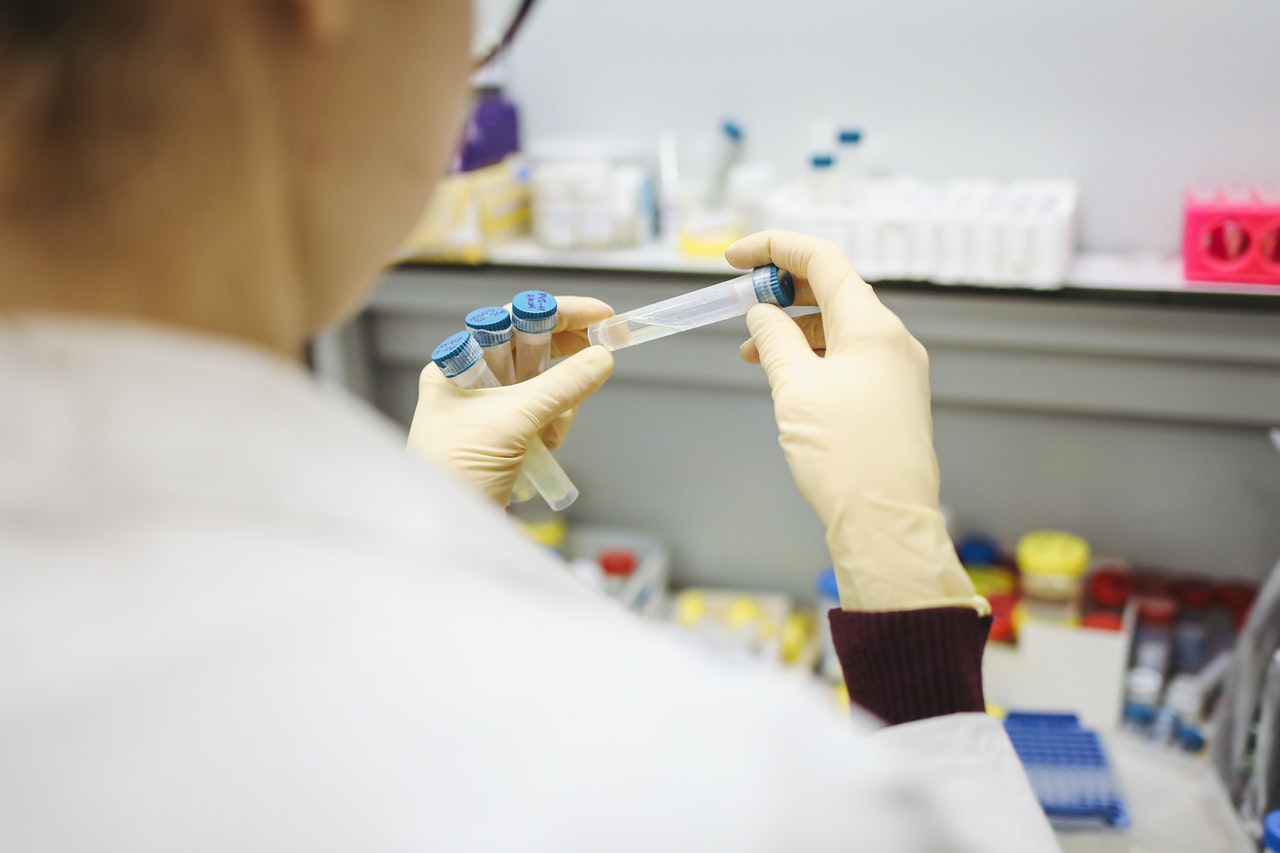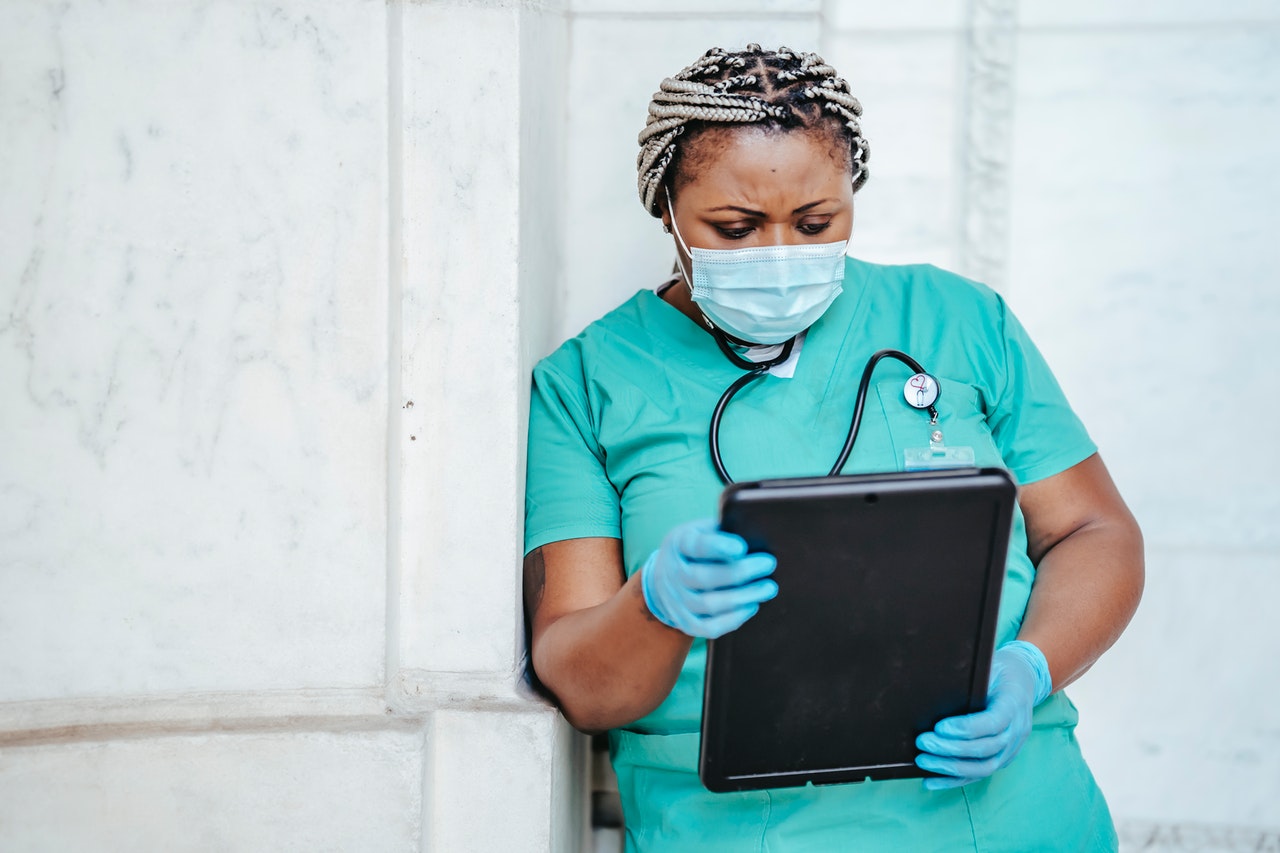PCR Testing Explained
PCR testing is a popular method used for genetic disease diagnosis. The technique uses a special enzyme and primer combination to create billions of copies of DNA or RNA. PCR is useful for sequencing and analysis of DNA and RNA, as well as experimentation with small samples. It is a basic tool in microbiology and has revolutionized genetic disease diagnosis. The technology is used for several purposes, including gene discovery, detecting bacterial infections, determining whether a disease is hereditary, determining its cause, and identifying infectious diseases.

PCR Tests And The Covid-19 Virus
More recently PCR testing has taken on a whole new role of identifying the Covid-9 virus within the population. In order to get the world back on its feet once more, PCR testing has been essential in order to limit the spread of the virus. PCR testing has played a huge role for airlines that are now using the test as a mandatory condition in order to be able to fly. Many countries like the UK are ordering people to take a PCR test upon day 2 of their arrival back into the UK.
The History of PCR Tests
PCR testing has been used in medical diagnostics for almost 30 years. In the past, labs had a difficult time detecting bacteria and viruses in specimens. The process required weeks of work and often resulted in false positives or false negatives. Fortunately, scientists have developed techniques to detect viruses and bacteria with a small sample of their DNA. PCR tests are a valuable tool for this purpose. However, there are some risks associated with PCR testing.
PCRs And False Positives
PCR tests are inaccurate in some cases, which is why you should always follow the instructions of the lab. A false negative result occurs if you are already infected but do not have enough viral genetic material in the sample. This can happen early on in the disease cycle. In such cases, a false positive result is much more likely to occur than a false negative. This type of test is generally used only when a virus is present in a patient’s body. The PCR test London clinics are offering can throw up false positives, although they are relatively rare.
Detecting Previous Viruses
PCR testing is not useful for confirming the diagnosis of an infection, since it requires a blood sample and analysis by a laboratory. Moreover, the results of a PCR test can result in false negatives, so the test is more useful in confirming an infection than in giving the all-clear. The false negatives are common because the PCR test can be used to detect dead or deactivated viruses. There are many other important factors to consider before you make the final decision.
PCR testing can be very accurate. In fact, a positive PCR result means that you have the infection. The process can take an hour or more. Some PCR tests are not accurate enough to determine whether a person is infected. In such cases, a PCR test must be repeated to be more reliable. The results of a PCR test may not be accurate, so you should consult your doctor.
Conclusion
While there is no perfect way to test for a Covid infection, PCR testing is one of the most accurate way to confirm the infection. It screens for viral RNA in the blood before any antibodies are formed, and even before symptoms appear. Using a PCR test, you can get a positive result for a variety of viruses. You can even find out if you have a disease by taking a sample of your saliva. If a sample of your saliva or nasopharynx contains a virus, then you should consult your doctor immediately.

